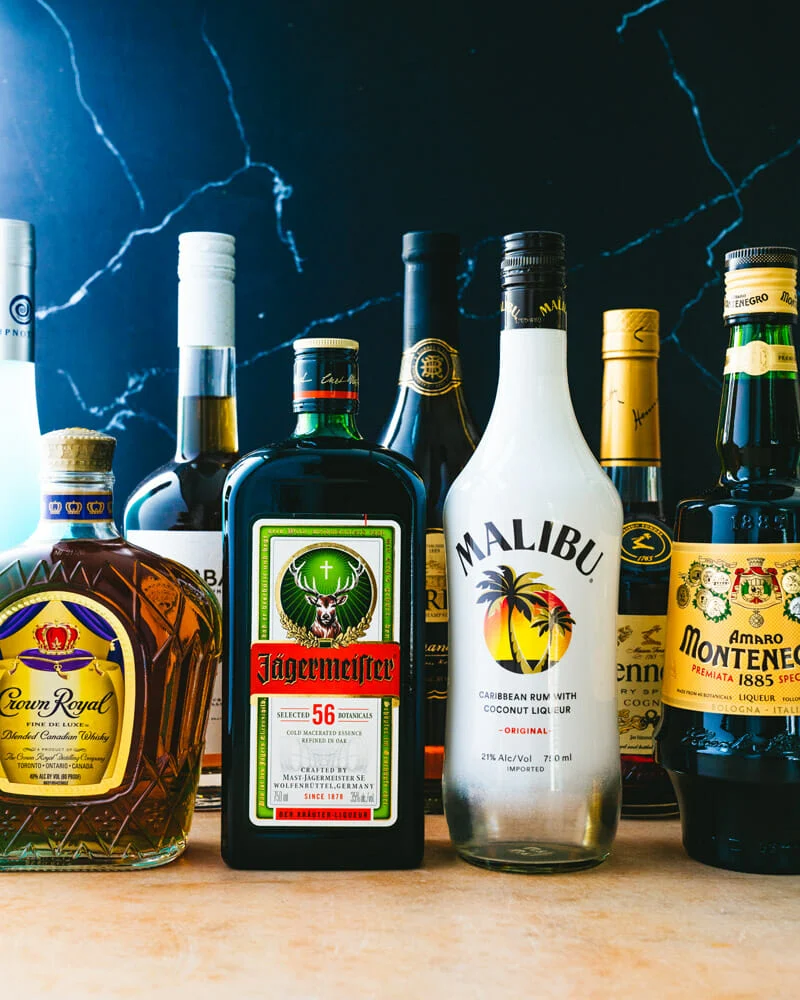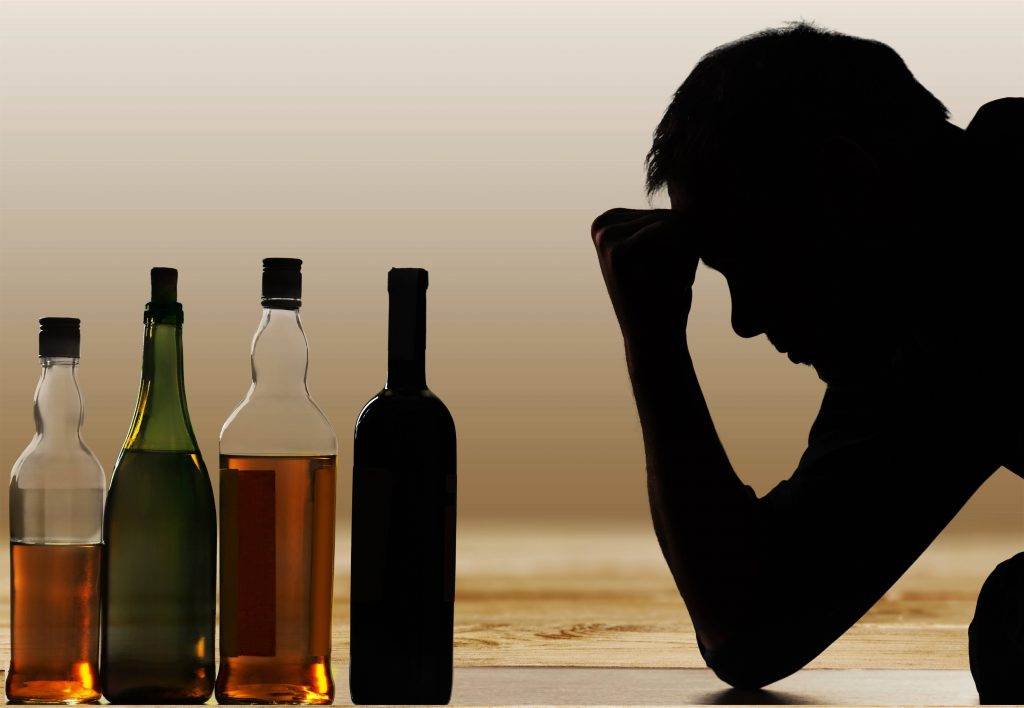How alcohol consumption affects your skin?
Dark Circles
You might fall asleep quicker and feel drowsy from alcohol, but that doesn’t mean you will stay that way. You may feel restless all night because it disrupts your sleep patterns and causes disruptions to your sleep cycles. This can often lead to dark circles under the eyes. Although cold compresses may help, a good night of sleep is the best solution. Get at least 7 hours of sleep each night.
Puffiness and Bloating
Drinking after a night can cause swelling. Your body can become dehydrated from alcohol, making your eyes puffy. To stay hydrated, make sure you drink lots of water throughout the day. Your stomach lining can also be affected by alcohol. This can lead to a bloated, swollen stomach. Solution: Reduce alcohol intake and drink more water. You can also try an over-the-counter bloating remedy.
Rosacea
You may have rosacea if your face gets flushed when you drink. This condition can cause your face to turn red, especially your cheeks and nose. Rosacea flares can sometimes be caused by alcohol consumption. Studies show that alcohol may increase your chances of developing rosacea, especially if you don’t have it.
Rosy Cheeks
A problem with an enzyme can make your cheeks glow after a drink. ALDH2 is an enzyme that helps break down the toxic compounds in alcohol. If it’s not working properly, the toxins remain in your cells, leading to heat and flushing. This is a genetic problem that is more common in people of Asian descent.
Hives
You might get red, itchy bumps on your skin if you drink. These bumps can be restricted to one area or spread throughout the body. They may be a sign of alcohol intolerance. This means your body is unable to break down alcohol properly. An allergic reaction to alcohol can also cause hives. The symptoms of hives can last for a few hours or days. Cool compresses are a good option. You can also use over-the-counter antihistamines to treat them.
Cellulitis
Cellulitis is a common skin condition that can be caused by excessive drinking. It usually affects the lower legs. The skin becomes reddened, swollen and painful to the touch. Bacteria can enter your body through a cut or other wound on your skin. This infection can be very serious. It will need to be treated with antibiotics.
Sun Sensitivity
Sunlight can cause extreme pain, blistering, and burning for some people. This condition is common in families. However, alcohol abuse can also cause it. You may notice your skin becoming redder, more sensitive, itchy, or irritated when you are out in the sun. Stop drinking and avoid direct sun to ease your symptoms.
Psoriasis
Heavy drinking can lead to psoriasis, where skin cells accumulate and cause itchy patches. An outbreak could be made worse by alcohol, particularly in men. It is not a good idea to mix alcohol with psoriasis treatment. It can make it more difficult for some to perform their jobs, and it can be dangerous when mixed with other substances.
Dandruff
Itchy patches or dandruff may appear on your scalp, as well as greasy patches on other parts of your body. This skin condition is often called seborrheic dermatology by doctors. It can be a sign that your immune system is weak, or there may be yeast in your body. Drinking alcohol can cause a flare-up in some people. While over-the-counter shampoos can be a great first option, you might need to seek prescription treatment.
Skin cancer
Alcohol consumption is associated with throat, mouth, voice box, esophagus, and throat cancers. Research has shown that alcohol consumption may also be linked to skin cancers. While your body attempts to repair DNA damage from the sun, alcohol can cause problems.
Red Palms
Although it’s not common, the palms and soles of your feet might become red. They will not itch or hurt. This can be caused by genetic factors, medication, liver disease or excessive alcohol consumption. The redness is not curable. Reduce your alcohol intake or treat the underlying cause of the redness.
Runny, Red Nose
Your nose may become reddened or runny when you drink beer or wine. This is known as an allergy-like reaction. It usually occurs within one hour after drinking. This is common for people with asthma, sinus disease, and problems with nonsteroidal anti-inflammatory drugs (NSAIDs) aspirin. Your doctor may be able to help you get used to aspirin slowly, which will ease your symptoms.




Post Comment